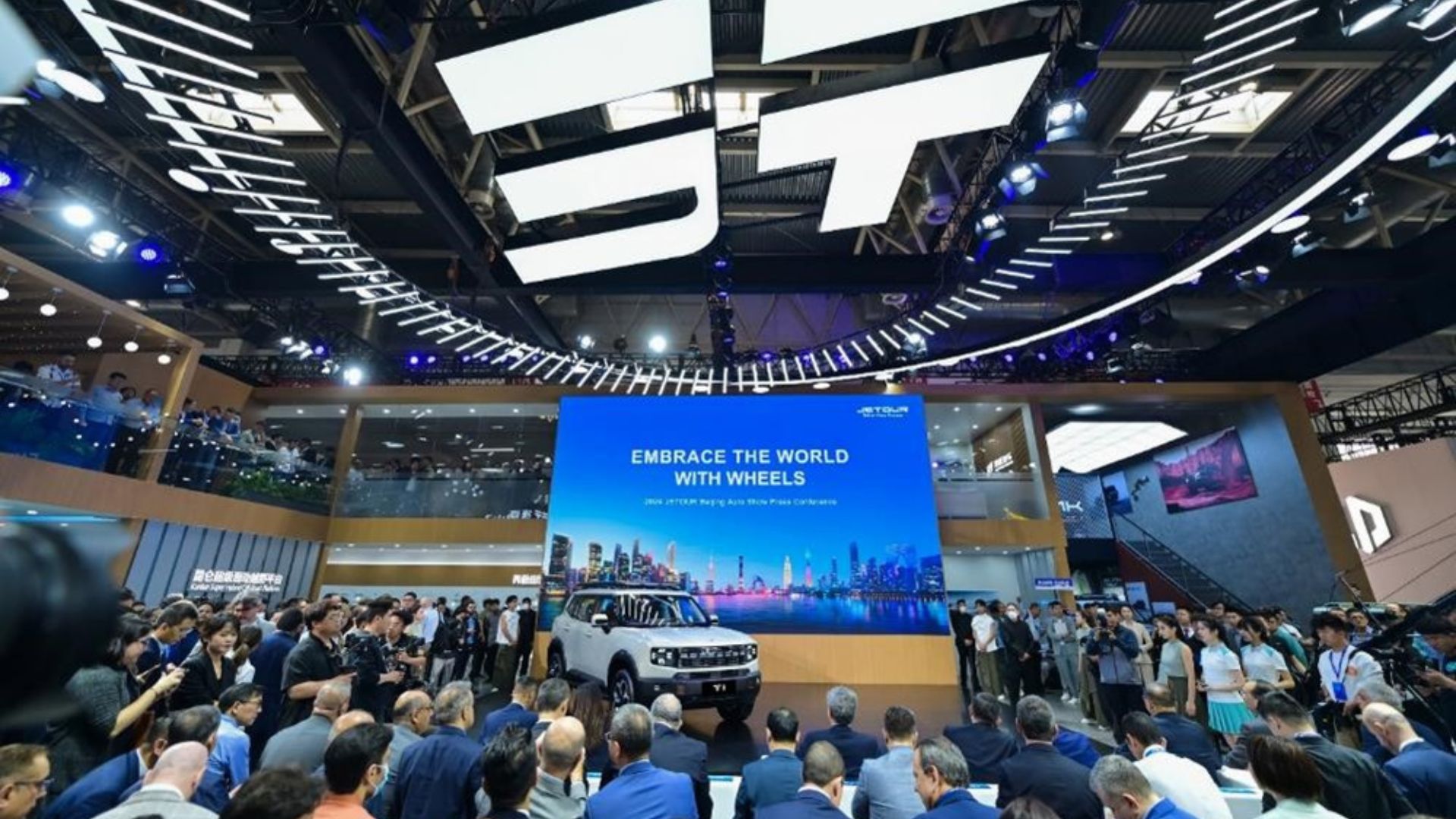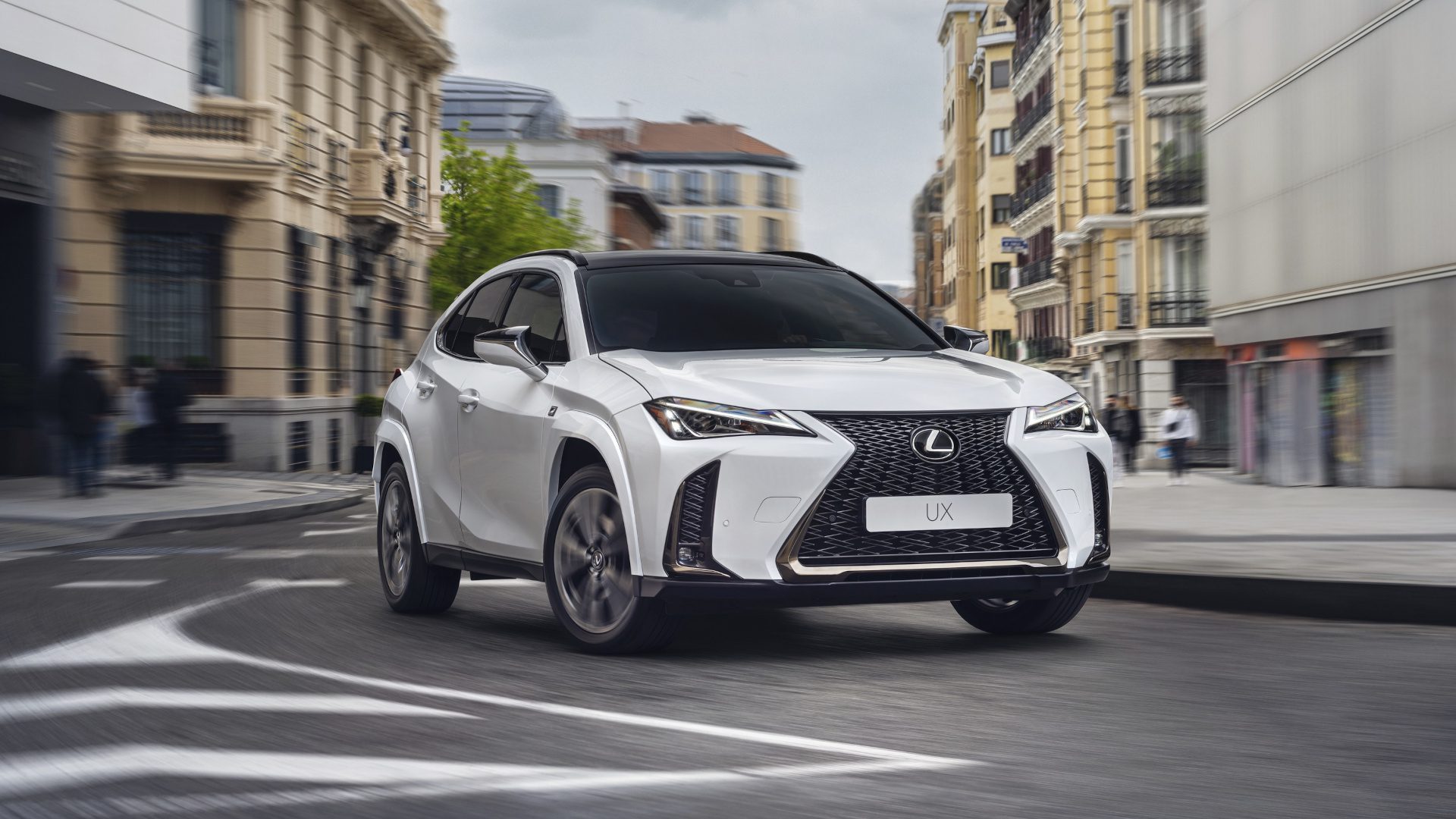The 911 will be the only Porsche to retain a combustion engine
The 911 will escape the electrification process by retaining a combustion engine powered by synthetic fuels
Porsche is preparing for a major turning point in its history. The German brand will gradually electrify its models, with the Taycan leading the way from 2019. The new Macan will follow at the end of the year, along with the 718 in 2025, the Cayenne in 2026 and finally the Panamera in 2028. An SUV above the Cayenne and a supercar to replace the 918 Spyder are also in the pipeline. And what about the legendary 911?
The last to offer combustion engines
Quite simply, it will be the only Porsche in the range not to rely exclusively on all-electric power. Karl Dums, head of the synthetic fuels department in Stuttgart, confirms: “Our strategy is to switch to electric mobility, but also to produce the 911 with a combustion engine for as long as possible”. So the purists are reassured, even if the ICE 911 will have to swap gasoline for e-fuels.
It will be produced from green hydrogen, itself obtained from electricity generated from renewable sources. Porsche’s e-fuel will initially be produced at the Highly Innovative Fuels pilot plant in Puntas Arenas, Chile. The German brand estimates that 550 million litres of synthetic fuel will be produced every year from 2027. But for the moment, e-fuel remains an experimental product sold for around €10 a litre.
Facelift in 2024, new generation by 2030
At the same time, the current Porsche 911 will undergo a facelift next year, with the arrival of a Turbo S E-Hybrid version at the top of the range. Finally, 2030 will see the birth of the first all-electric Porsche 911, the Type 998, produced with the support of Rimac. The 998 will coexist with its synthetic-powered cousin.
Recommend0 recommendationsPublished in News


